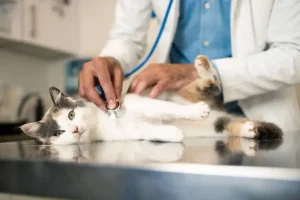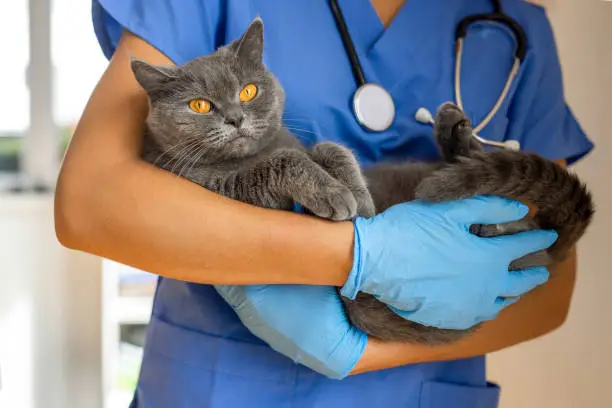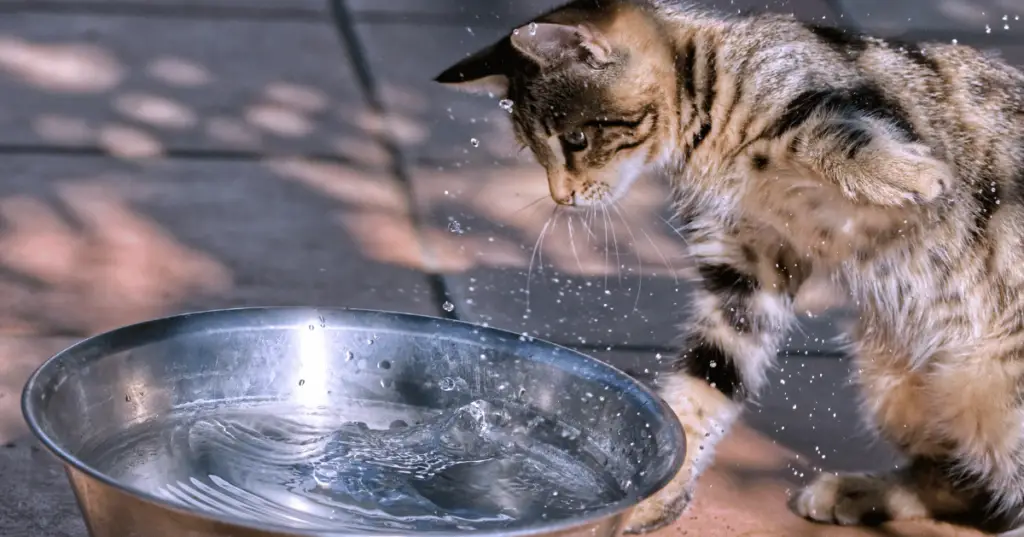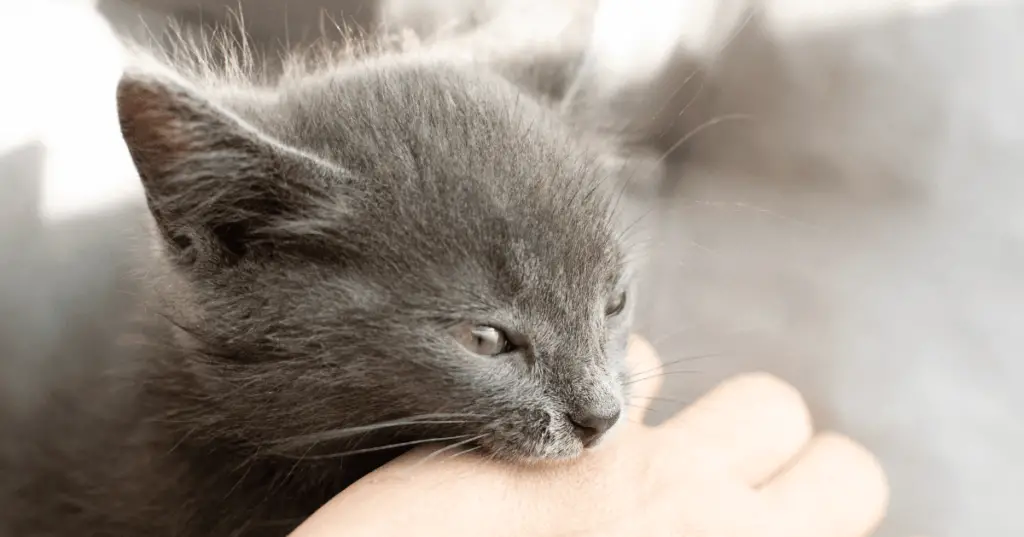The proper veterinary care for a cat is more than just administering routine vaccinations and conducting physical exams.
Because cats tend to hide signs of disease, monitoring any small changes in their behavior or health is crucial.
And that is how everything, including food and nutrition, disease prevention and management, and stress-free visits are essential in helping cats have the best quality of life.

In this guide, we’ll discuss the veterinary care of cats and the practical application of veterinary products and supplies online in your clinic.
Table of Contents
- Understanding Feline Veterinary Care
- Early Diagnosis: Key to Better Outcomes
- Tackling Common Feline Health Conditions
- Weight and Nutrition Management
- Creating a Stress-Free Vet Visit for Cats
- Integrating Veterinary Products and Supplies Online
- Conclusion: Bringing It All Together
1. Understanding Cat Veterinary Care
The first thing in cat veterinary care is knowing the symptoms of cat illness. For preventive care, it is your responsibility to require:
- Proper scheduling of regular check-ups
- Vaccinations
- Other preventions are equally important, such as:
- Looking for signs of strange behavior
- Less appetite
- Or a change in the physical state
To detect them early enough before they become complicated.
Routine Check-ups and Vaccinations
Annual Exams:
- Cats should have at least one wellness check-up per year.
- Keep frequent checkups for senior cats or those with chronic conditions.
Vaccinations:
- Stay on top of core vaccinations like rabies and feline distemper.
- Depending on your patient’s lifestyle, non-core vaccines such as those for feline leukemia virus may also be necessary.
Parasite Control
Fleas and ticks can be present year-round, depending on your area or region.
All cats should be protected from fleas/ticks and intestinal worms, which is made possible by giving them veterinary products like flea/tick preventives and dewormers.
| Pro Tip:
Ensure that you get veterinary products through online orders, where the products come with discounts and are in bulk. |
2. Early Diagnosis: Key to Better Outcomes
Do you often hear, “I didn’t know something was wrong until I was unable to do anything about it?”
Since cats are very good at concealing pain, vets must take a preventative approach to avoid ending up with a sick pet.
Ideally, any sickness that our feline patients are likely to undergo should be diagnosed at its initial stage.
Key Diagnostic Tools
- Blood Tests: Regular blood tests can reveal underlying issues like:
- kidney disease
- Diabetes
- And hyperthyroidism before symptoms are apparent.
- Imaging: X-rays and ultrasounds are essential in diagnosing conditions you can’t detect during a physical exam.
Why Early Detection Matters
Hypertrophic cardiomyopathy can be a slow-progressing ailment, and so do chronic kidney disease (CKD).
In some cases, the disease is undiagnosed until symptoms manifest, the point at which it may be severe.
Testing then helps vets to detect illness early on and perhaps contain it.
| Pro Tip:
Ensure your clinic has perfect diagnostic equipment by searching for veterinary supplies online and other equipment. |
3. Tackling Common Feline Health Conditions
Let’s be honest—cats often face chronic health problems, especially as they age.
But which ones should you focus on most?
Here are some common issues you’ll likely encounter in your practice.
Chronic Conditions in Cats
This is a leading cause of illness in older cats.
Regular blood pressure monitoring and early diagnosis through bloodwork are crucial.
- Diabetes
Cats can develop diabetes, especially if they’re overweight. Insulin management and diet control are critical to long-term veterinary care.
- Hyperthyroidism
Senior cats often develop this condition, which affects their metabolism.
Regular monitoring of thyroid levels is essential for proper management.
4. Weight and Nutrition Management
How often do you see overweight cats in your clinic? Obesity in cats can lead to a range of health problems, including diabetes and joint issues.
Helping owners manage their cat’s weight and providing nutritional guidance are critical roles of any vet.
How to Manage Weight Effectively
- Balanced Diet: Cats need a diet rich in protein and low in carbohydrates. Many prescription diets available as veterinary products cater specifically to these needs.
- Regular Weigh-ins: A quick weight check at each visit helps keep owners accountable and ensures the cat stays on track.
Here’s a graph to help illustrate the everyday nutritional needs of cats based on their life stage.
Graph: Feline Nutritional Requirements by Life Stage



